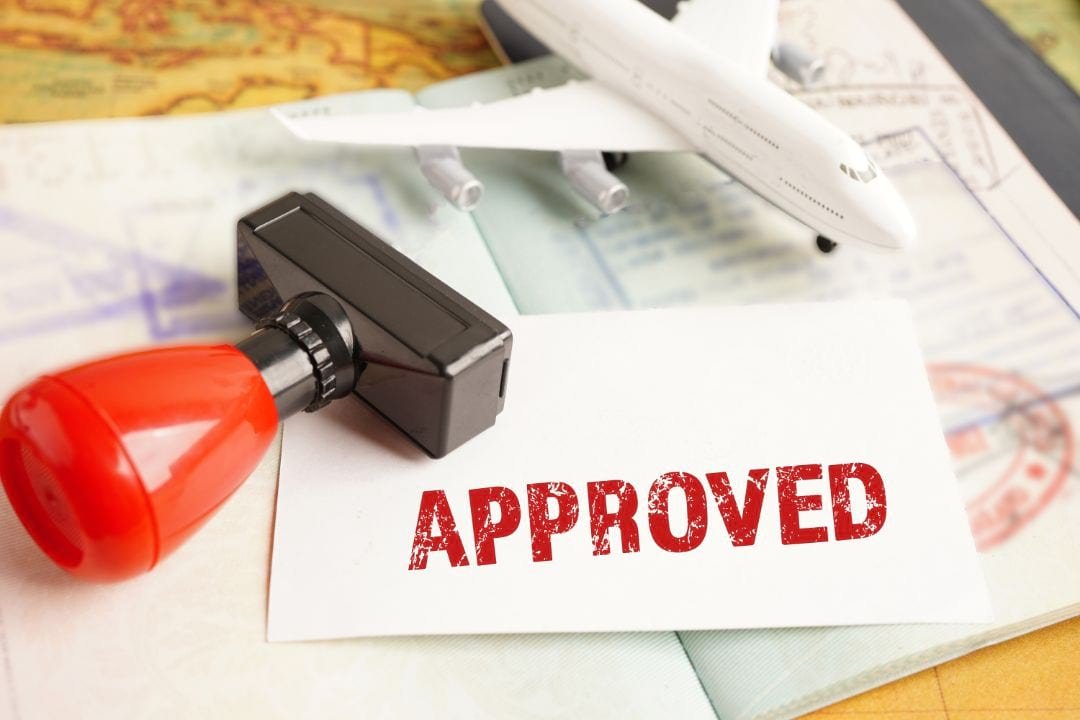

French Company Will Provide Biometric Border Screening Tech for Entry/Exit System in Spain
Thales, the Aerospace company, will provide biometric border screening technology for the country, following a contract they won from the Spanish Interior Ministry.
The company will work with the Madrid-based telecommunication services provider, Zelenza. The act is a major border control contract awarded in anticipation of the European Union’s to-be implemented EU Entry/Exit System, or “EES”, which will require members of Europe’s Schengen free-travel zone to gather the biometric data of non-EU nationals upon entry, AtoZSerwisPlus.com reports.
Initially, EES was intended to be implemented in May of this year, but the implementation timeline was postponed to September of 2022, based on a decision made by EU authorities last year.
As the newly-awarded contract points out, Thales will provide Spanish authorities with more than 1,500 Manual Border Control Inspection units, which will be allocated across all of Spain’s border checkpoints. The units will be equipped with document readers, fingerprint scanners and face capture capabilities, as well as the software from Thales, which will be an EES Border Control Clearance device.
“Thales’ manual checkpoints are equipped with state-of-the-art technologies for identity creation and verification. At our Madrid Biometrics Competence Centre, we have developed tools for document and people verification that are already in use in other countries in Europe, Asia, America and Africa,” Thales Identity and Biometric Solutions SVP Youzec Kurp said.
The development also follows Thales’ rival, IDEMIA, which is also a French-based company, winning an EES contract from Lithuania in April, which points out the two technology giants’ importance in helping the EU Schengen countries maintain and secure their borders.
Moreover, Reuters reported in the recent months that IDEMIA’s parent company was considering the sale of IDEMIA, as a whole or partially and that Thales was considered as a potential buyer, with further decisions expected to follow by the end of the year.
Thales and Zelenza’s biometric border project for Spain will be financed by the EU’s Internal Security Fund and is expected to be operating over the upcoming eight months. While the new border screening system anticipates enhancing security, Thales says it will ultimately deliver “a fast and secure identity enrolment and clearance process” for travellers.
The Entry-Exit System (EES), which is designated to increase internal security and modernize the management of external borders, will start its operation in September. The system will register travellers from third countries each time they enter an EU external border, thus will help to keep track of new entries by registering the person’s name, travel document, biometric data and the information of entry and exit.


















